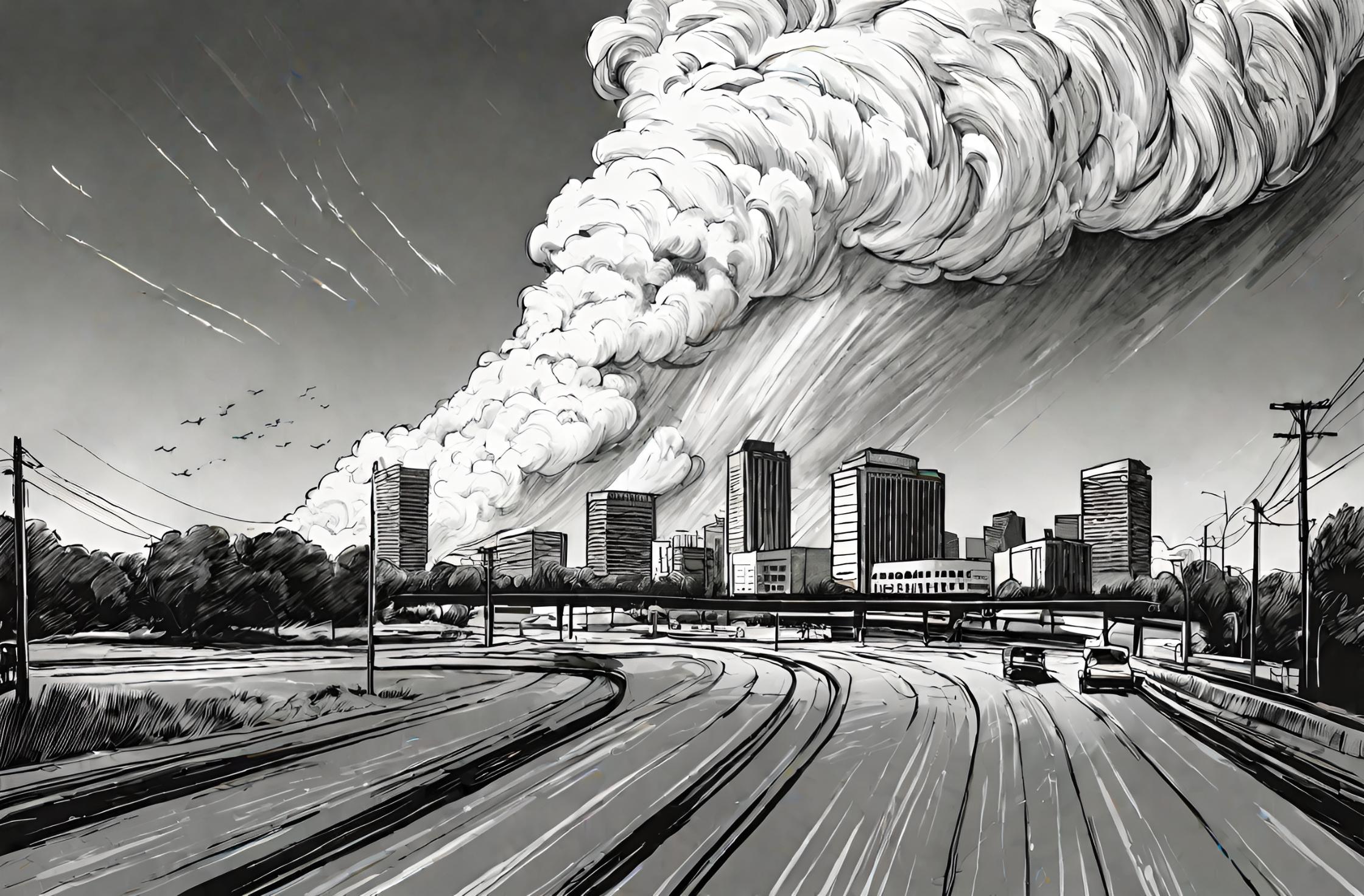Flashback to May 3
American History

The 1980s were a tumultuous time for Central America, with many countries facing political unrest and civil wars. One particularly significant event during this period was the embargo against Nicaragua, which was ultimately lifted by US President Ronald Reagan on May 1, 1985. This decision had far-reaching implications, both for Nicaragua and for US foreign policy.
The embargo against Nicaragua was initially put in place by President Reagan in 1981, just two years after taking office. The decision was largely influenced by the rise of the Sandinistas, a socialist political party that had come to power in Nicaragua in 1979 following the overthrow of the US-backed Somoza dictatorship. The Sandinistas embraced a socialist ideology and forged alliances with other socialist and communist countries, including Cuba and the Soviet Union.
The Reagan administration saw the Sandinistas as a threat to US interests in the region, particularly because of their close relationship with the Soviet Union. The embargo was intended to put economic pressure on the Nicaraguan government and force them to change their policies. It included restrictions on trade, aid, and financial assistance to Nicaragua, effectively crippling the country’s economy.
For the next four years, Nicaragua faced economic hardship and political instability as a result of the embargo. The country’s infrastructure suffered, healthcare and education systems deteriorated, and people struggled to make ends meet. The embargo also exacerbated social inequalities and led to increased poverty and unemployment.
Critics of the embargo argued that it was a form of US interventionism and a violation of Nicaragua’s sovereignty. They accused President Reagan of using the embargo to support counterrevolutionary forces known as the Contras, who were fighting against the Sandinista government. The Contras were composed of former members of the Somoza regime and anti-Sandinista guerrillas. They received funding and military support from the US government during the embargo.
As the years went by, international pressure began to mount against the embargo, with many countries condemning the US for its interventionist policies in Nicaragua. Additionally, there were concerns about the humanitarian impact of the embargo on the Nicaraguan people. The embargo became a controversial and divisive issue, both in the United States and internationally.
In 1984, President Reagan was re-elected for a second term, but there were growing calls for a reassessment of the US policy towards Nicaragua. The following year, on May 1, 1985, President Reagan announced that the embargo would be lifted. His decision was motivated by a desire to seek a diplomatic solution to the conflict and improve relations with other countries in the region.
The lifting of the embargo marked a turning point in US-Nicaraguan relations. It opened the door for dialogue and negotiations between the two countries, and signaled a willingness on the part of the Reagan administration to explore diplomatic solutions to regional conflicts. While the embargo had caused significant damage to Nicaragua’s economy, the lifting of the restrictions provided a glimmer of hope for a better future.
However, it is important to note that the embargo was not lifted completely and immediately. Certain restrictions remained in place, and the US continued to support the Contras financially and militarily. It would take several more years of negotiation and international diplomacy before a lasting peace was achieved in Nicaragua.
The end of the embargo against Nicaragua was a significant event in the geopolitical landscape of the 1980s. It represented a shift in US foreign policy towards a more diplomatic approach, and it provided an opportunity for Nicaragua to rebuild its economy and pursue political stability. Although the effects of the embargo were far-reaching and long-lasting, the lifting of the restrictions offered a glimmer of hope for a brighter future for the Nicaraguan people.
We strive for accuracy. If you see something that doesn't look right, click here to contact us!
Sponsored Content

Oklahoma City is slammed…
On May 3, 1999,…

The US Senate Armed…
Join the closed door…

Nellie Tayloe Ross becomes…
On May 3, 1933,…

Most of San Francisco…
On May 3, 1851,…

